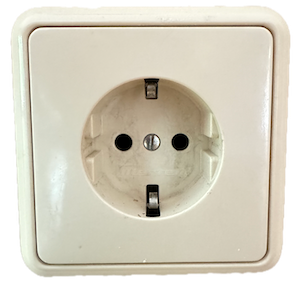Our glycogen stores are limited. On average, the stores in the muscles are between 300g and 600g in well-trained endurance athletes. In addition, there are 100g to 150g of glycogen in the liver. This brings the total to a maximum of 750g of glycogen. These stores are used up after about 90 minutes of exercise in averagely trained people (approx. 2,000 kcal). 1g of glycogen has 4 kcal. With a maximum of 750g of glycogen, that would be energy reserves of 3,000 kcal. With a burn rate of around 500 kcal per 30 minutes in the range of under 60% of Vo2max, that would be a reserve for 3 hours of exercise. However, these are figures for fully trained athletes. For averagely trained athletes, the tank is usually empty after 2 hours at the latest. The lack of energy is already noticeable in the last half hour, i.e. after about 1 1/2 hours of exertion. The pulse increases, the perceived exertion increases and performance decreases. If carbohydrates are not replenished in time, performance drops significantly and the body can only provide energy from fats, i.e. by burning fat. This happens much more slowly and with a higher heart rate in the aerobic range. Accordingly, it is important to supply appropriate carbohydrates in good time, i.e. after 20 minutes at the latest, during exertion so that the body's own glycogen stores are protected. This is what our BELASTUNG and WETTKAMPF products are aimed at. Tasteless and provided with the necessary sodium, these support your exertion training depending on the duration and intensity and provide the necessary energy 🔥.
| Overview | GRUNDLAGE | BELASTUNG | WETTKAMPF |
| KH per hour | 30g | 60g – 80g | 90g – 120g |
| Energy (kcal) per hour | 120 | 240 – 320 | 360 – 480 |
| VO2max training range | <60% | 60% – 80% | >80% |
The aim is to use the glycogen stores as much as possible in the basic area and only replenish carbohydrates with a product that generates the lowest possible insulin response. An insulin response that is too high would suppress fat metabolism and compromise the training goal.
The right energy supply in type and density is important for achieving the corresponding training and competition goals.















Leave a comment
All comments are moderated before being published.
This site is protected by hCaptcha and the hCaptcha Privacy Policy and Terms of Service apply.